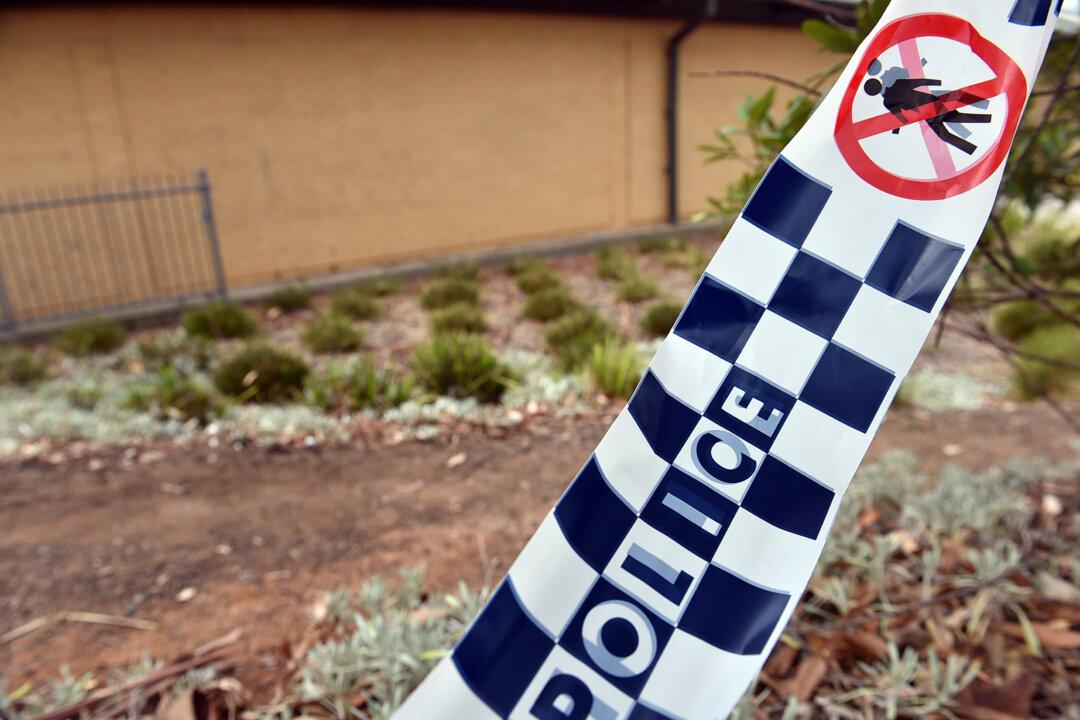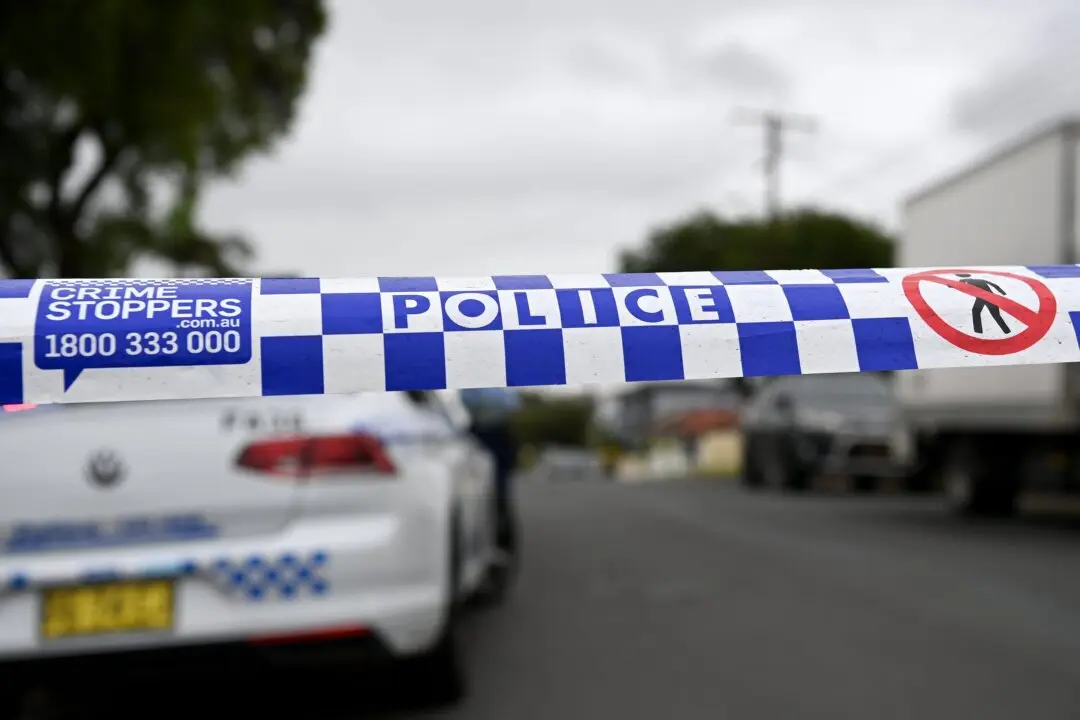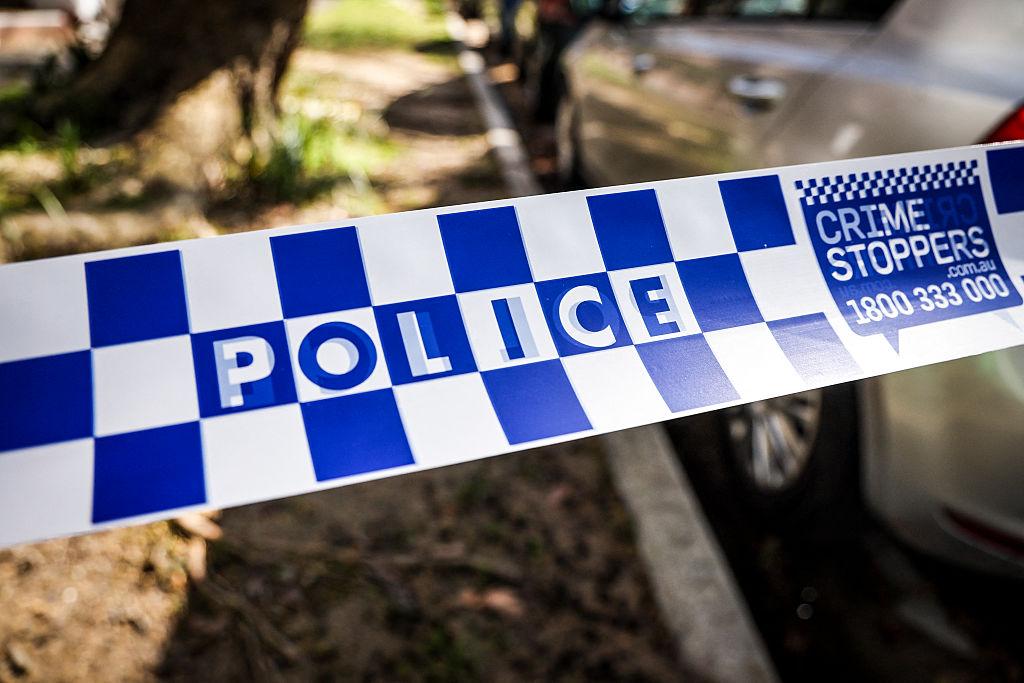Differences in the help available to bushfire victims has created frustration and tension between cross-border communities, the royal commission has been told.
People who live on the NSW/Victorian border are angry they have missed out on assistance because of their postal address, Victoria’s Towong Shire Council told the bushfires royal commission.





